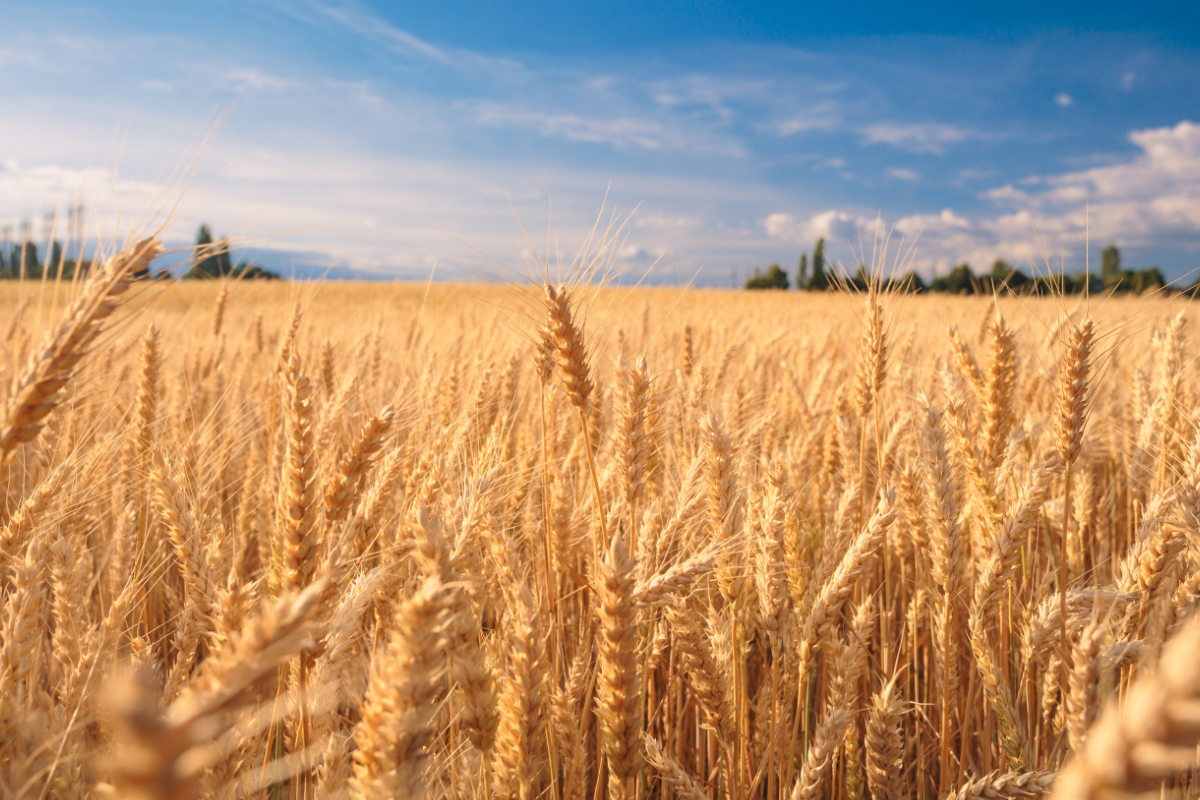ISLAMABAD: The Caretaker Minister for National Food Security and Research, Dr. Kausar Abdullah Malik, affirmed Pakistan’s substantial wheat supply, indicating the country’s readiness to export key food items like wheat and rice. He stated that there would be no need to import wheat as sufficient stock will be available following the bumper crop in the country.
Addressing the National Kissan Convention in Islamabad, Dr. Malik assured the attendees of the government’s commitment to implementing practical strategies to strengthen wheat productivity and bridge the productivity gap in the sector. He emphasised agriculture as the cornerstone of the nation’s economy and pledged to swiftly overcome any obstacles hindering its progress. Dr. Malik envisioned Pakistan evolving into an agriculture surplus country due to its burgeoning production potential.
Reassuring farmers, Dr. Kausar Abdullah Malik highlighted ongoing relentless efforts to support the country’s farming community.
He emphasised the robust wheat sowing, covering 22.17 million acres, ensuring a substantial reserve. He confirmed that there is currently no immediate need for additional wheat imports. Speaking on the urea crisis, he disclosed that 47,000 tons out of the required 200,000 tons had arrived in Karachi by December 20, successfully averting an imminent crisis. These announcements were made during the National Farmers Convention at the Jinnah Convention Center.
He stressed the urgency to rectify storage mismanagement as a significant cause of fertiliser scarcity. He commended the collective efforts of provincial governments and specifically acknowledged the Pakistan Army’s involvement in addressing this agricultural challenge. Dr. Malik also highlighted the high-energy and cost-intensive nature of chemical fertiliser production.
Additionally, Dr. Malik highlighted a record rice yield of 9.3 million tons this year, anticipating substantial revenue of approximately $3 billion from rice exports. He proudly noted Pakistan’s ascent to the 15th global position in agricultural exports, accumulating $207 million in the fiscal year and ranking as the 6th largest exporter.
Dr. Malik elaborated on the Ministry’s focus on rejuvenating income sources, particularly in revamping the poultry industry affected by soybean feed shortages. Collaborating with the Ministry of Climate Change, initiatives are underway to expedite the industry’s resurgence.
He unveiled plans for an extensive collaborative effort with provinces to boost soybean cultivation, accompanied by the formulation of a national seed policy encompassing biotech-enhanced seeds, poised to usher in a new era of agricultural development.
The Ministry has initiated structured import and export lists for agricultural commodities and is actively training entities involved in these processes. Efforts are ongoing to restructure departments and enhance bilateral trade opportunities, aiming to integrate Animal Quarantine with Pakistan Single Window for streamlined livestock imports and exports. Additionally, initiatives are in place for environmental conservation through water conservation projects, canal lining, and the introduction of bio-pesticides.
Dr. Malik emphasised the need to overcome historical limitations in both government and the private sector’s investment in agriculture, aiming to double investments. He highlighted the significance of collaborative corporate farming as a transformative solution for over 80% of small-scale farmers lacking access to modern techniques and machinery, envisioning a renaissance in the agricultural sector through this approach.
